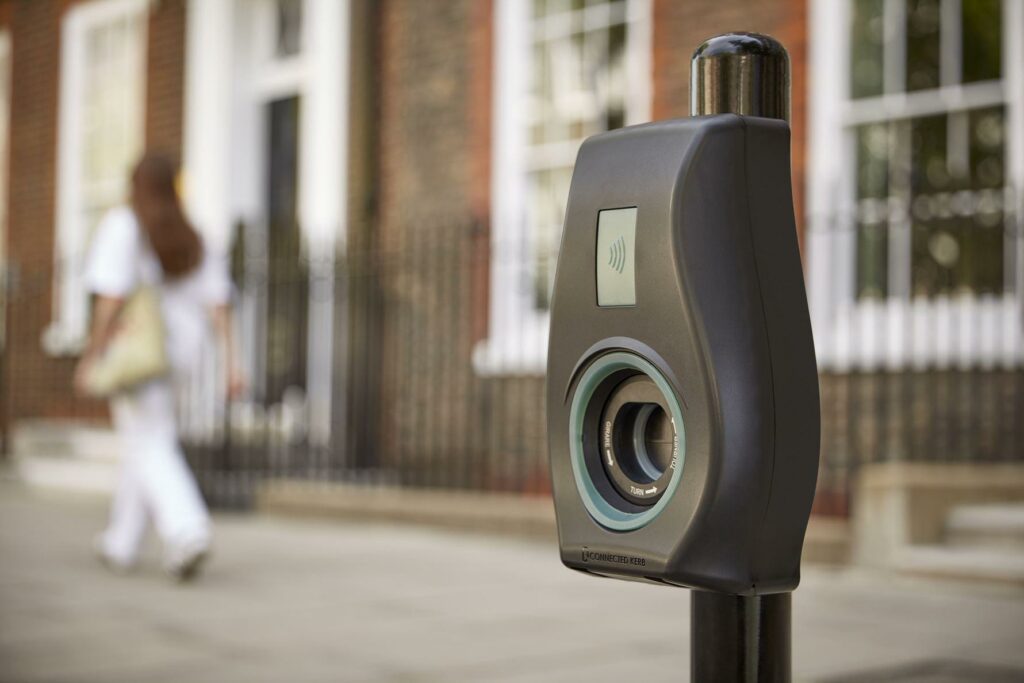Lauren Pamma, programme director at CDRT
2022 was an exceptional year for EV adoption in the UK, but it didn’t come without challenges, particularly the energy price crisis.
Central to driving down costs is smart charging. In 2023, smart charging will become more important than ever before to not only balance peak grid, but drive down prices. This, alongside the REMA (Review of Electricity Market Arrangements) consultation, would see electricity prices fall next year.
Local Authorities are also set to have a large injection of finance early next year through the launch of the LEVI fund, to deliver significant charging infrastructure investment and deployment. When public funding for charging infrastructure comes to an end, we will need to see private sector investment increase to continue the roll-out of charging infrastructure.
Supply of used vehicles is set to rapidly increase going into next year. Unless we get the second-hand EV market up and running in full force, and give consumers confidence to acquire a used EV, the increase in supply will not be met by an increase in demand. Currently, we are witnessing early signs of divergence, putting downward pressure on used car prices.
Accessibility will also remain a key area of focus for the industry, particularly charge point operators. Earlier this year, industry groups and other bodies, such as Motability, worked alongside Government to publish a specification for the accessibility of charge points, to ensure that no one is left behind in the EV transition. This should create a step change in accessibility for chargers from next year.
The new lithium refinery plant in the North East announced earlier this year marked a watershed moment for the UK’s battery supply chain markets – showcasing it is entirely possible to bring supply chains to home soil. 2023 presents an opportunity for the UK to capture the battery supply chain market and become a leading player on the global stage. We should expect to see more and more facilities get funding and open for business in the UK across the entire supply chain – from raw material extraction and processing, to gigafactories, to re-use and recycling innovation.
Looking ahead to 2023, the entire industry – from charge point operators to OEMs – must continue the drive towards addressing the challenges to the mass adoption of electric vehicles.
Chris Pateman-Jones, CEO, Connected Kerb
EV uptake
EV ownership has come on leaps and bounds in 2022, but we’ll see this accelerate next year. Growth will continue to be driven by salary sacrifice and fleet purchases, but as cheaper and cheaper cars become available in 2023, the market will shift from being policy-driven to consumer-led, moving from a passion purchase to a practical purchase – particularly for those with access to charging either at home or nearby reliable public charging.
EV charging
Between 2021 and 2022, the total number of EV charge points increased by 34%, but next year is likely to see another step change as debate shifts from charging speed – rapids vs slow – to charging location – short-dwell vs long-dwell. As the value of long dwell on-street charging becomes more apparent, we will see more and more large scale, long tenure projects tendered and delivered by leading councils across the UK, attracting significant investment from large infrastructure investors. It wouldn’t be surprising to see projects involving tens of thousands of chargers.
Accessibility
Accessibility of charging will also be front of mind – not just the increase in provision of chargers in non-urban areas or non-wealthy areas, but also the number of accessible bays. This will be underpinned by greater scrutiny of charging point accessibility following the release of Motability’s charging point accessibility standard in October this year.
Charging costs
In the context of the cost of living crisis, charging costs will be a hot topic. There is a great deal of pressure on government from industry and drivers to reduce public changepoint VAT to 5% to bring it in line with home charging. Another trend to watch will be the introduction of smart charging into public charge points, offering drivers time of use energy tariffs regardless of whether they charge at home or not. Just last month, Connected Kerb released the results of a UK-first trail which showed drivers can save over £600 a year by using smart charging at public long-dwell chargers.





